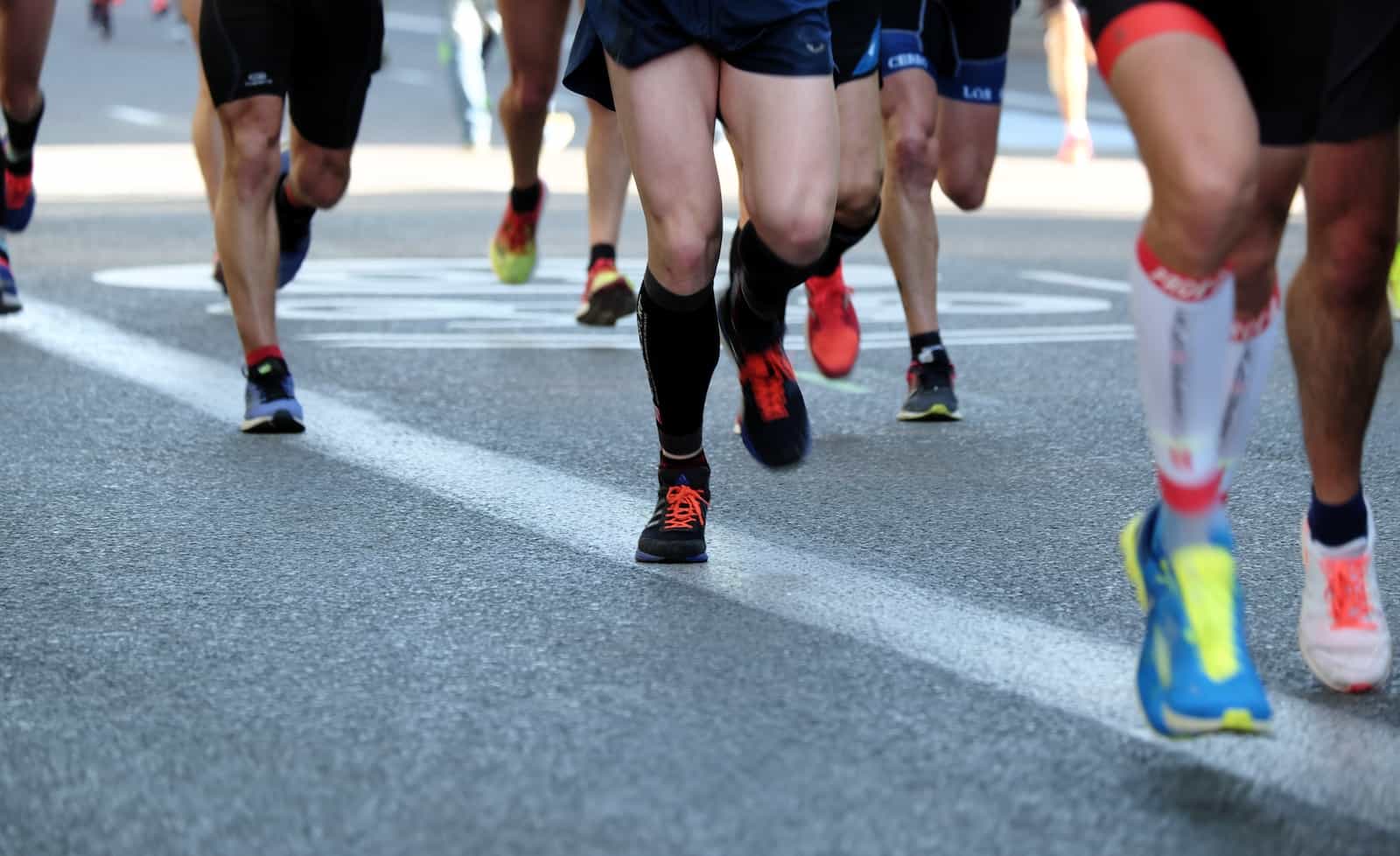Accelerating policy and practice to ensure physical activity for all : Intensifier les politiques et les pratiques pour assurer une activité physique pour tous
The 10th ISPAH Congress aims to engage researchers, practitioners, and decision-makers to explore innovative ways to tackle the continuing inequalities in access to and participation in physical activity. The congress aims to ensure all partners, across all parts of the system, are clear on their role and how we can work together globally, nationally, and locally, to achieve sustainable changes in structures, environments, and opportunities to support physical activity for all.
Addressing inequalities in physical activity participation
There is a pressing need to address inequalities in physical activity participation. Whether these disparities arise due to socioeconomic constraints, geographical barriers, or cultural differences, innovative solutions are needed, tailored to individual and community needs.
Engaging a diverse set of stakeholders at the 10th ISPAH Congress — from researchers to decision-makers — can support the generation of these solutions and lay the foundations for more equitable health outcomes.


Strengthening partnerships for a unified approach
Given the wide range of factors, across multiple sectors, that influence physical activity participation, a shared vision and collaborative action is needed. The 10th ISPAH Congress emphasizes the crucial role of partnerships and the need for all stakeholders, across all parts of the system, to recognise their role.
Improved clarity will lead to more effective collaborations, ensuring that policies and initiatives are not just powerful in intent but impactful in execution.
Delivering sustainable change locally, nationally, and globally
To effect sustainable changes in structures, environments, and opportunities to support physical activity for all, well-resourced and scalable action is required at all levels – locally, nationally, and globally.
The 10th ISPAH Congress provides a platform for actors at all levels to discuss and agree on the mechanisms required for translating effective local action into policy, and for supporting the translation of policy into local action.


